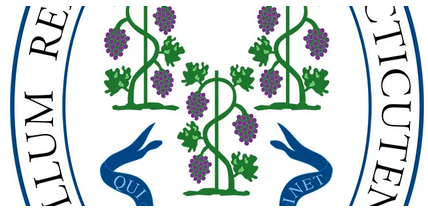Squatting is the concept of occupying an deserted or unoccupied space or building with no authorization from the owner or the govt. In Connecticut, squatting is actually a controversial concern that raises crucial queries about home proper rights and real estate security. Although individuals think that squatting is a kind of sociable activism which offers a strategy to homes uncertainty, other people disagree that it must be an illegal and deceitful practice that violates the proper rights of homeowners, and difficulties express and native government authorities to ascertain restrictions with crystal clear laws. For those who are contemplating squatting in Connecticut, it is important to fully grasp your legal rights and the legitimate connecticut squatters rights.
Exactly what is Squatting in Connecticut?
Squatting in Connecticut is illegal. Nevertheless, squatting can happen by either folks or arranged organizations to provoke a definite result. Inside the framework of housing uncertainty, squatting can take place when people move into a unfilled commercial or residential residence that is belonging to someone else. Squatters fight they may have a right to take up such areas, generally in case the proprietor has neglected the property or illegally evicted the previous occupants. Squatting could also occur on open public areas, and activists might use squatting being a civil disobedience technique to give awareness of interpersonal issues.
How Does Connecticut State Regulations See Squatting?
Connecticut State regulations views squatting as being an against the law and fraudulent training that violates the proper rights of home owners. Squatting is considered a criminal offense and could lead to fines, imprisonment, or equally. Property owners can initiate eviction courtroom proceedings by finding a trespass or ejectment discover, which, on expiry, may result in an eviction court action. The eviction procedure can be complicated and extended, and is particularly frequently conducted in neighborhood courts. It is essential to remember that there can be some lawful nuance to squatting, for example when a person includes a lease or right to inhabit your property.
What Are Your Proper rights In Case You Are Squatting?
As said before, squatting in Connecticut is unlawful. Consequently, when you are squatting in Connecticut, you do not have authorized rights to keep around the property. If you are discovered squatting, criminal fees could be brought against you. If your the courtroom or the authorities requests one to depart your property, you simply will not be allowed to come back, and you could be disallowed from entering your property yet again. When you have deserted or vacant residence that you feel is entertained unlawfully, you have right for taking measures that will cause eviction.
How Can You Stay away from Squatting in Connecticut?
The most easy way to avoid squatting in Connecticut is to avoid occupying the house that may be belonging to another person. When you are experiencing homelessness, there are numerous sources open to you, such as shelters, problems hotlines, and assist organizations. Connecticut property owners are controlled by federal and state legal guidelines that mandate minimal standards for safety and habitability and protect your rights against arbitrary territory deposits, harassment, or too much hire raises. When you are a property owner who may have been evicted from a home unlawfully, you may take court action versus the squatter, and reclaim possession.
Verdict:
To summarize, squatting in Connecticut is recognized as unlawful and unethical. Squatting can lead to illegal fees, and there is no need legitimate rights to stay on property that is certainly not the one you have. Nonetheless, for people experiencing homes uncertainty, squatter’s moves could be a solution to the failings of the program which has kept people with minimal selections. Being a house owner, it is very important acquire precautions to stop squatting, including obtaining your premises and relating to the police when necessary. If you are a squatter, it is very important seek legal reflection, connect to housing help organizations, and fully grasp your lawful proper rights and responsibilities. Ultimately, it depends on people and residential areas to be effective towards sensible alternatives that stability the authority to own home with the requirement for equitable and just real estate insurance policies.
